Advances in Medicine and Biology. Volume 122
Chapter One deals with the structural and developmental aspects of bacterial biofilms; the problems associated with biofilm formation and current control strategies utilized in clinical and industrial sectors; and the advances regarding the use of compounds derived from plants to control the formation of biofilms at the different stages of development. Chapter Two discusses how the current antibiotic crisis has made understanding bacterial cellular metabolism essential for improving existing therapies and identifying novel therapeutic approaches. Bactericidal agents have been reported targeting the cytoplasmic membrane, DNA, RNA, protein synthesis, and cell wall synthesis. In Chapter Three, a revision of the studies concerning the effect of bariatric surgery procedures in overall oral food perception is made, discussing how this may influence choices and dietary behavior. Chapter Four provides a review of studies of taxane-induced peripheral neurotoxicity (TIPN) and discusses challenge for TIPN areas. Chapter Five identifies surrogate markers for predicting the long-term prognosis and biochemical response to ursodeoxycholic acid (UDCA) in patients with primary biliary cholangitis (PBC). Chapter Six broadly covers IgG4- related disease (IgG4 RD), a constellation of disorders united by histopathological and immunohistochemical analysis. Classically, IgG4 RD has been associated with gastrointestinal (GI) tract, especially the pancreas and often patients present with repeated bouts of pancreatitis. Chapter Seven discusses the use of Retinol, a monoaromatic compound of vitamin A, for the treatment of wrinkles, fine lines, changes in microrelief and anti-aging effects. Chapter Eight identifies factors that protect an individual from developing a whiplash injury after a road traffic incident and looks at demographic variations rendering a person more likely to suffer a whiplash.
{{comment.content}}
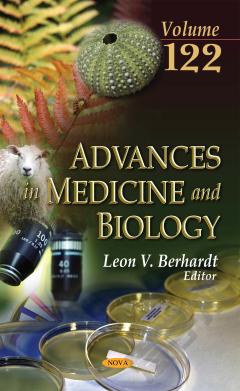
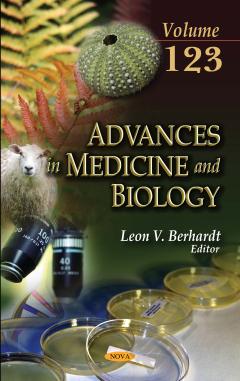

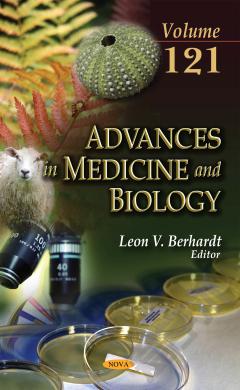

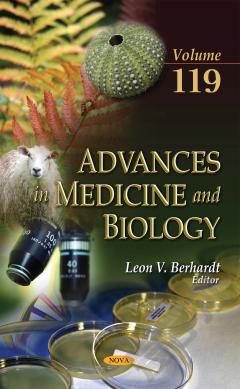
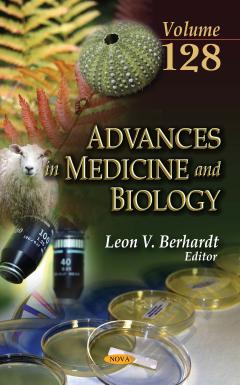

 京公网安备 11010802027623号
京公网安备 11010802027623号